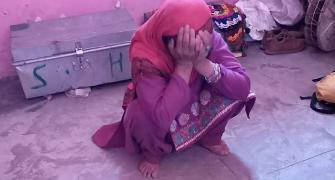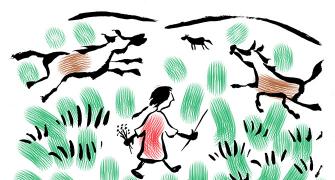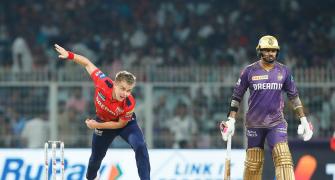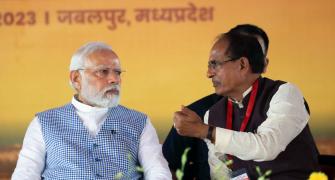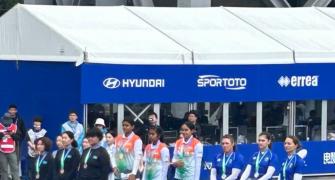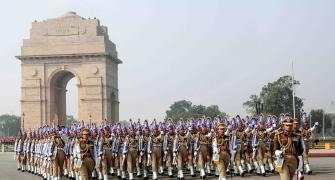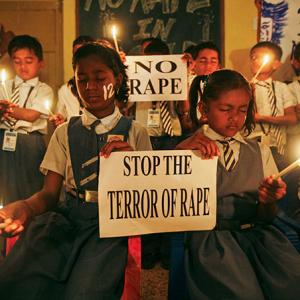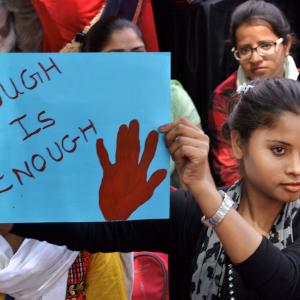A media trial may result in "deflection of cause of justice", the Supreme Court observed on Wednesday and directed the union home ministry to prepare within three months a comprehensive manual on how police should brief journalists about criminal cases.

The top court said there is an urgent need for a Standard Operating Procedure (SOP) about how journalists should be briefed as there has been an upsurge in reporting on criminal offences in print, electronic and social media since the last guidelines on the subject were issued by the ministry of home affairs in 2010.
A bench headed by Chief Justice DY Chandrachud said a delicate balance has to be maintained between the media's fundamental right to free speech and expression, the right of the accused to fair investigation, and the privacy of the victim.
The top court also asked the directors general of police of all states to submit their suggestions to the MHA within a month on how to go about preparing the manual.
"All DGPs, in a month, should communicate to ministry of home affairs, their suggestions for guidelines...National Human Rights Commission's suggestions may also be taken," the bench, also comprising Justices PS Narasimha and Manoj Misra, said.
The SC said any disclosure by police at a "premature stage", when the investigation is on, triggers a media trial that affects administration of justice since it could also influence the judge conducting the trial.
The top court said the nature of disclosure by the police, in the absence of an SOP, cannot be uniform as it would depend on the nature of crime and participating stakeholders including victims, witnesses and accused. The age and gender of the victim and accused also have a significant bearing on the disclosure, it said.
"Media reporting in matters involving commission of crimes involves several aspects of public interest. At a basic level, the fundamental right to free speech and expression is directly both in terms of rights of media to portray and disseminate news, views and information and the right of the viewing public and readers to receive a diversity of opinions.
"There can be no gainsaying in the fact that the media in terms of its right to speech and expression and consumers have a right to receive fair and unbiased information. Criminal offences and investigation by law enforcement machinery involves significant elements of public interest bearing upon the right to inform as well as the right to know," the bench said.
The apex court said there are competing considerations involving the accused and the victim which needed to be considered as they have immense significance.
"At one level the accused whose conduct is under investigation is entitled to a fair and unbiased investigation by the police. At the stage of trial, every accused is entitled to assumption of innocence and hence media reportage in a manner which implicates the culpability of a person who is under investigation is liable to seriously impinge upon the reputation and personal dignity of the individual under investigation," the bench said.
Maintaining that biased reporting gives rise to public suspicion that the person under investigation is, in fact, guilty, the top court said media reportage also impinges upon the right of the victims or survivors of the crime.
"There can be no denying the fact that disclosure of official version of the investigation would ensure against speculation on crime reporting. Thus, there is a need to have a uniform policy which can be adopted for notifying nodal officers who would be available to share the stage of investigation.
"....The guidelines must ensure that disclosure does not result in a media trial so as to allow prejudging of the accused. Media trials are liable to result in deflection of cause of justice by impacting upon the evidence which should be adduced and its assessment by adjudicating authorities," the bench said.
Senior advocate Gopal Sankaranarayanan, who was appointed the amicus curiae in the matter to help the court, said while the press cannot be restrained from reporting, the sources of information, which are often government entities, can be regulated.
He cited the 2008 Aarushi Talwar murder case where multiple police officials gave different versions of the incident to media. Aarushi Talwar, 13, and Hemraj, an elderly male domestic help, were found murdered in a Noida home, and the needle of suspicion pointed at the girl's parents.
The senior lawyer submitted before the court the guidelines to be considered for the purpose of framing a comprehensive manual.
The top court was hearing a petition about the modalities followed by police while briefing the media about criminal cases under investigation.

